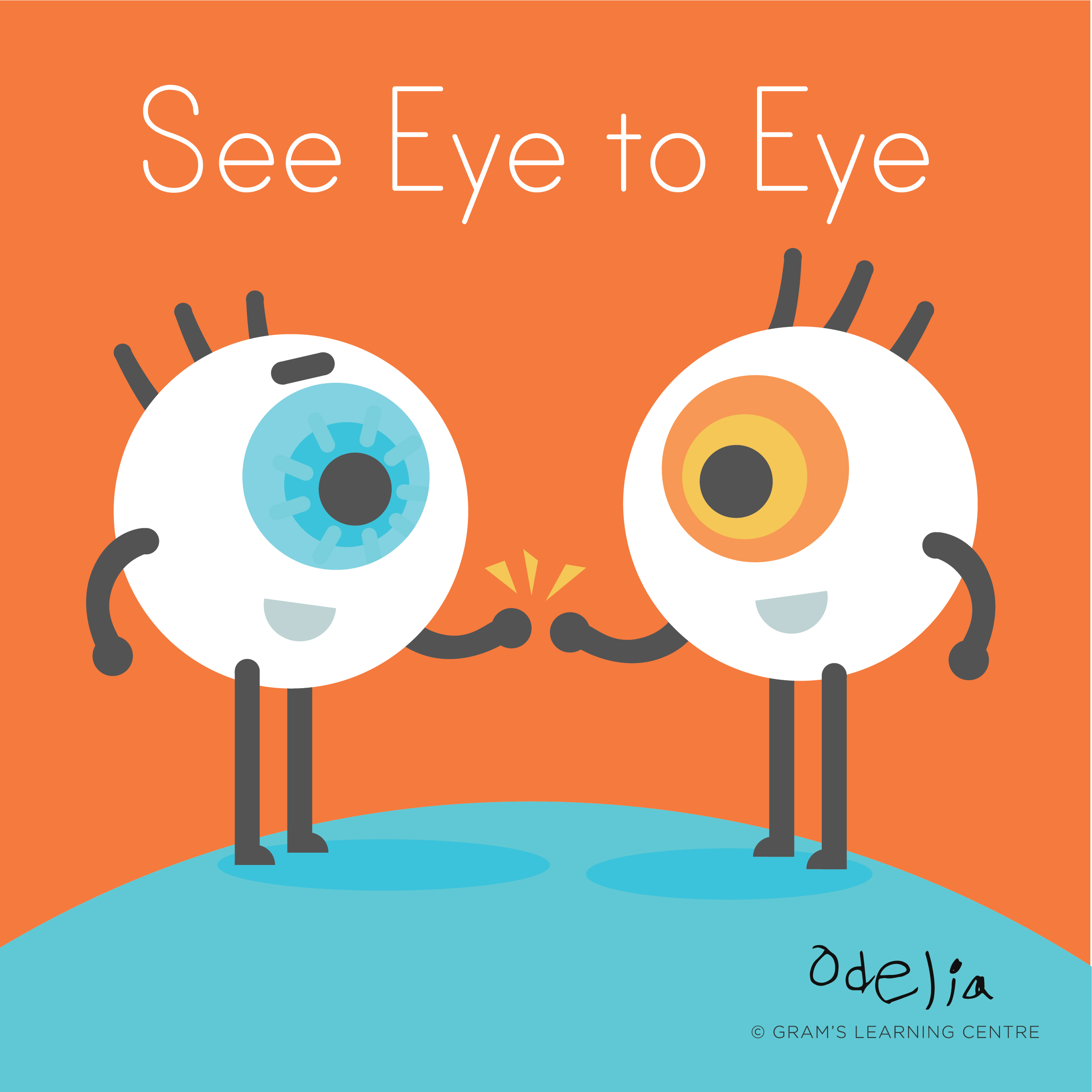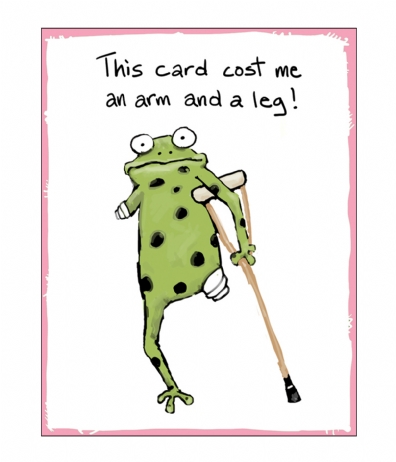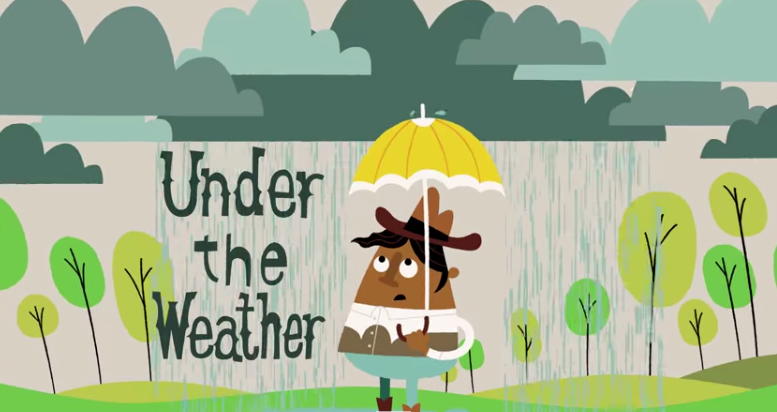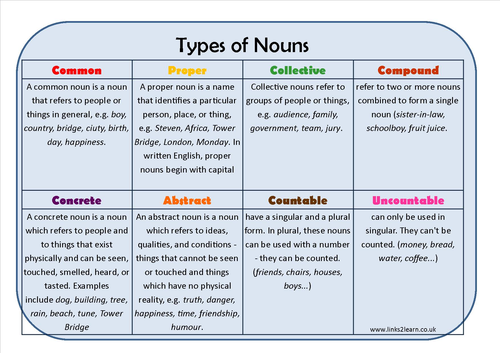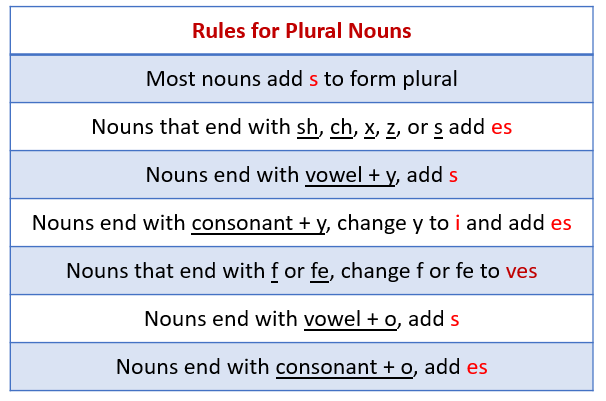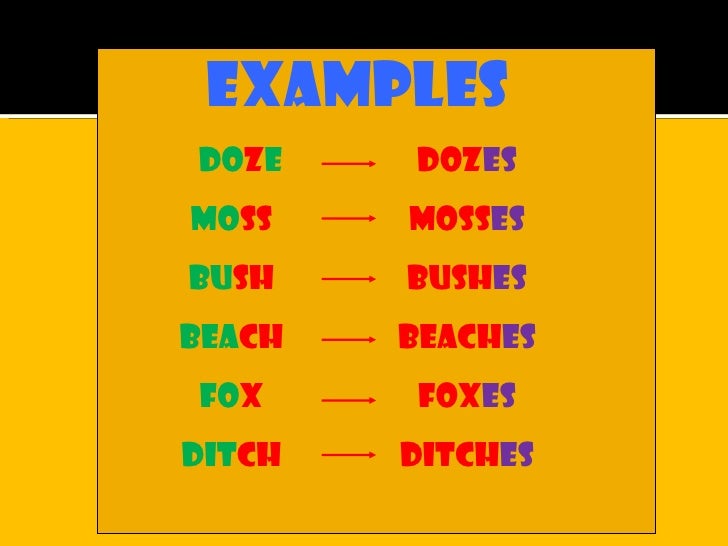English idioms, proverbs, and expressions are an important part of everyday English. They come up all the time in both written and spoken English. Because idioms don't always make sense literally, you'll need to familiarize yourself with the meaning and usage of each idiom.
Here are 15 common English idioms and phrases that will enrich your English vocabulary and make you sound like a native speaker in no time.
1. ‘The best of both worlds’ – means you can enjoy two different opportunities at the same time.
“By working part-time and looking after her kids two days a week she managed to get the best of both worlds.”
2. ‘Speak of the devil’ – this means that the person you’re just talking about actually turns up at that moment.
“Hi Tom, speak of the devil, I was just telling Sara about your new car.”
3. ‘See eye to eye’ – this means agreeing with someone.
“They finally saw eye to eye on the business deal.”
4. ‘Once in a blue moon’ – an event that happens infrequently.
“I only go to the cinema once in a blue moon.”
5. ‘When pigs fly’ – something that will never happen.
“When pigs fly she’ll tidy up her room.”
6. ‘To cost an arm and a leg’– something is very expensive.
“Fuel these days costs and arm and a leg.”
7. ‘A piece of cake’– something is very easy.
“The English test was a piece of cake.”
8. ‘Let the cat out of the bag’ – to accidentally reveal a secret.
“I let the cat out of the bag about their wedding plans.”
9. ‘To feel under the weather’ – to not feel well.
“I’m really feeling under the weather today; I have a terrible cold.”
10. ‘To kill two birds with one stone’ – to solve two problems at once.
“By taking my dad on holiday, I killed two birds with one stone. I got to go away but also spend time with him.”
11. ‘To cut corners’ – to do something badly or cheaply.
“They really cut corners when they built this bathroom; the shower is leaking.”
12. ‘To add insult to injury’ – to make a situation worse.
“To add insult to injury the car drove off without stopping after knocking me off my bike.”
13. ‘You can’t judge a book by its cover’ – to not judge someone or something based solely on appearance.
“I thought this no-brand bread would be horrible; turns out you can’t judge a book by its cover.”
14. ‘Break a leg’ – means ‘good luck’ (often said to actors before they go on stage).
“Break a leg Sam, I’m sure your performance will be great.”
15. ‘To hit the nail on the head’ – to describe exactly what is causing a situation or problem.
“He hit the nail on the head when he said this company needs more HR support.”

taken from: https://www.ef.com/english-resources/english-idioms/
https://englishlive.ef.com/blog/language-lab/15-common-english-idioms-and-phrases/



